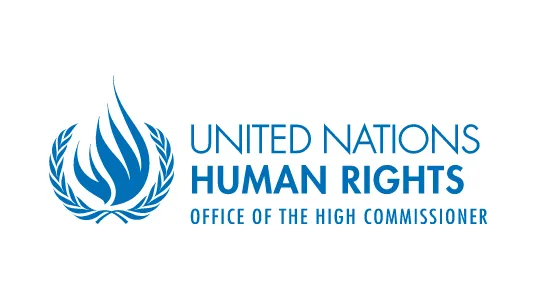Banking on the Death Trade: How Banks and Governments Enable the Military Junta in Myanmar

Over the past six months, airstrikes by the military junta against civilian targets in Myanmar have increased five-fold as it loses military outposts, territory, and troops to resistance forces. To sustain itself and maintain its attacks, the junta, or State Administration Council (SAC), is counting on two primary resources from abroad: weapons and money.
This conference room paper examines the SAC’s procurement of weapons and related materials and the role that international banks play in this deadly trade.
In the past year, there has been a significant shift in both the amount and source of weapons, dual-use technologies, manufacturing equipment, and raw materials that the SAC has been able to secure from abroad. The volume of weapons and military supplies it purchased using the international finance system decreased by one-third—from $377 million in FY2022 (April 2022 – March 2023) to $253 million in FY2023 (April 2023 – March 2024). Exports from Singapore dropped dramatically, from over $110 million to just over US$10 million. Exports of military supplies from the Russian Federation and China also declined, while Thailand became the SAC’s leading source of military supplies purchased through the international banking system. The transfer of weapons and related materials from companies registered in Thailand doubled from over $60m in FY2022 to over $120m in FY2023.
The SAC continues to engage with a broad international banking network to sustain itself and its weapons supplies. Over the past year, 16 banks located in seven countries processed transactions related to SAC military procurement; 25 banks have provided correspondent banking services to Myanmar’s state-owned banks since the coup.
The Special Rapporteur urges Member States of the United Nations to engage at a significantly higher level of sustained action, including by coordinating sanctions to weaken the SAC’s capacity to continue its attacks on civilians and other systematic human rights violations. He recommends, inter alia, that financial institutions terminate or freeze all financial relationships with Myanmar’s state- owned banks, including Myanma Economic Bank, and undertake enhanced due diligence on all business relationships and transactions related to Myanmar. He urges the Government of Thailand to follow the example of the Government of Singapore, which in 2023 launched an investigation into weapons transfers from Singapore-based entities. A dramatic drop in these transfers followed. The Special Rapporteur is committed to supporting these efforts as he strives to shed light on the crisis in Myanmar and the role that governments, financial institutions, and others can play to help to bring the crisis to an end.
Announcements
21 May 2025
Open letter: Malaysia must lead ASEAN with principle, not hypocrisy, to address the Myanmar crisis

Progressive Voice is a participatory rights-based policy research and advocacy organization rooted in civil society, that maintains strong networks and relationships with grassroots organizations and community-based organizations throughout Myanmar. It acts as a bridge to the international community and international policymakers by amplifying voices from the ground, and advocating for a rights-based policy narrative.